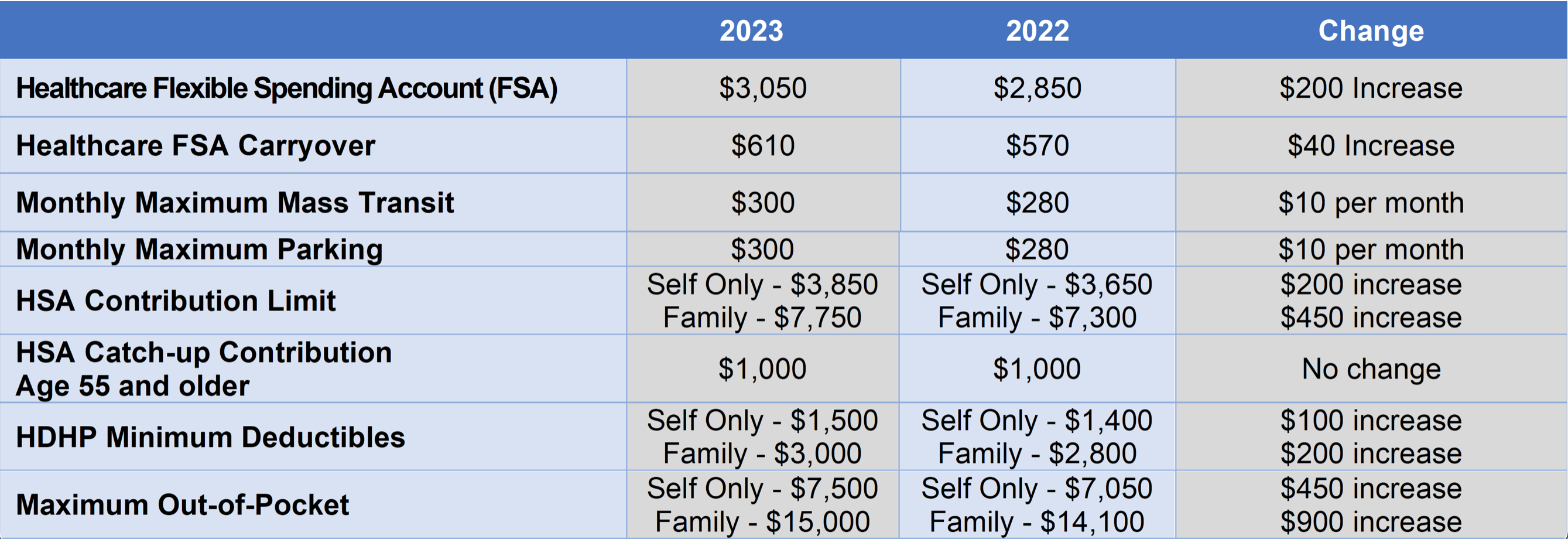With the new IRS rule, some families will be newly eligible for premium subsidies.
The “family glitch” refers to a 2013 ACA implementation rule that based eligibility for a family’s premium subsidies on whether available employer-sponsored insurance is affordable for the employee only, even if it’s not actually affordable for the whole family.
In 2022, the Biden administration proposed a rule change to address the family glitch, and the IRS finalized it prior to the open enrollment period for 2023 coverage.
Large employers have to offer coverage to dependents, but they don’t have to pay for that coverage.
Many kids who would otherwise have been caught by the family glitch are eligible for CHIP. But that didn’t help spouses, and there were still about 2.8 million kids caught by the glitch and ineligible for Medicaid or CHIP.
The glitch was not an accident – basing affordability on the whole family’s premiums would have increased federal costs significantly. But the rules are changing as of 2023 to ensure that affordability is based on family premiums when applicable.
Proposed legislation to fix the family glitch never succeeded. But administrative changes ended up being a viable solution. Fixing the family glitch by making the spouse and/or kids eligible for subsidies doesn’t help everyone, and neither will employers dropping spousal coverage.
More to come on this new legislation!

